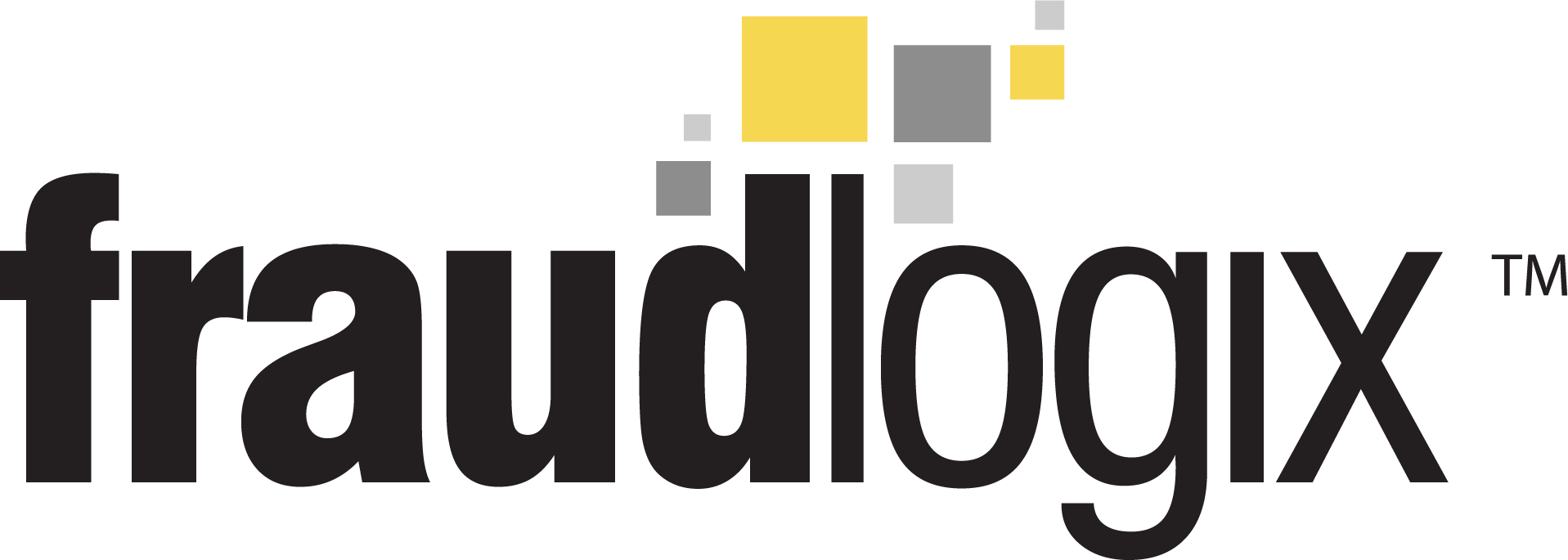Lead generation is a crucial component of any affiliate marketing strategy, but it can also be a prime target for fraudsters. To protect your business and your reputation, it is important to be aware of the most common lead generation fraud schemes. Here are the top 10 to watch out for:
- Fake Leads: Some companies sell leads that are not genuine, resulting in low conversion rates and wasted marketing efforts.
- Lead Generation Bots: Fraudulent companies may use bots to generate leads, resulting in low-quality leads that are not from real people.
- Lead Scraping: Some companies scrape leads from websites without consent, which can result in leads that are out of date or inaccurate.
- Lead Stuffing: This is when companies artificially inflate the number of leads they generate, making them appear more successful than they actually are.
- Misrepresentation of Lead Quality: Some companies falsely advertise the quality of their leads, leading to disappointment and a waste of resources.
- False Lead Guarantees: Companies may guarantee a certain number of leads but fail to deliver on their promise.
- Unauthorized Lead Sharing: Companies may sell, or share leads without your permission, leading to a loss of control over your marketing efforts.
- Phishing Scams: Fraudsters may use lead generation to steal personal information or identities.
- Misleading Advertising: Some companies may advertise lead generation services in a misleading way, making it difficult to determine if the service is legitimate.
- Unethical Lead Generation Tactics: Some companies use unethical tactics to generate leads, such as spamming, cold-calling, or harassing potential customers.
It’s important to thoroughly research and vet any lead generation company before engaging their services. Look for reviews from previous clients, verify their contact information, and make sure they comply with industry standards and regulations. By being vigilant, you can ensure that your lead generation efforts are effective and ethical.



